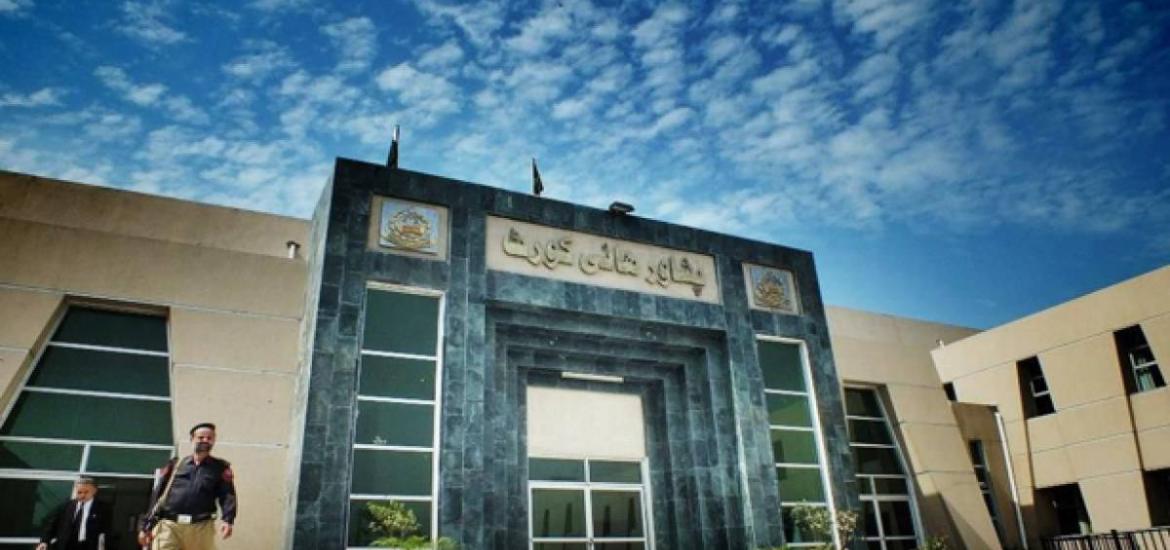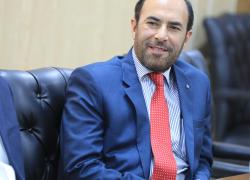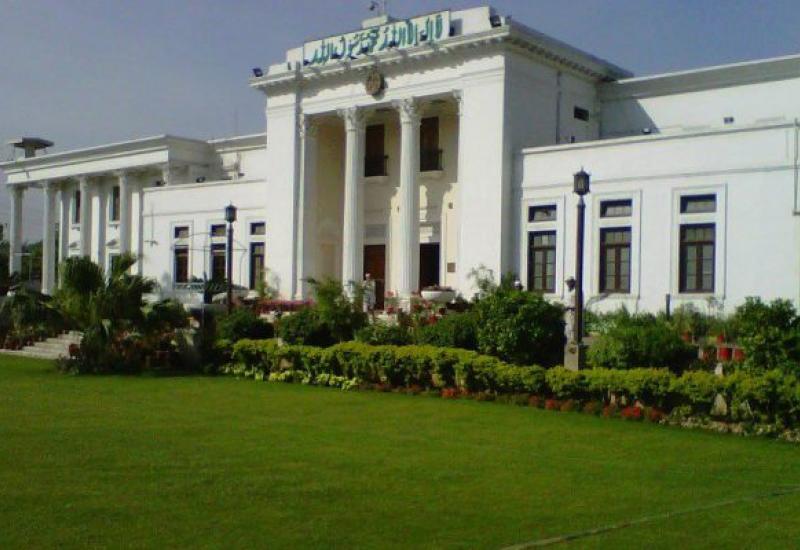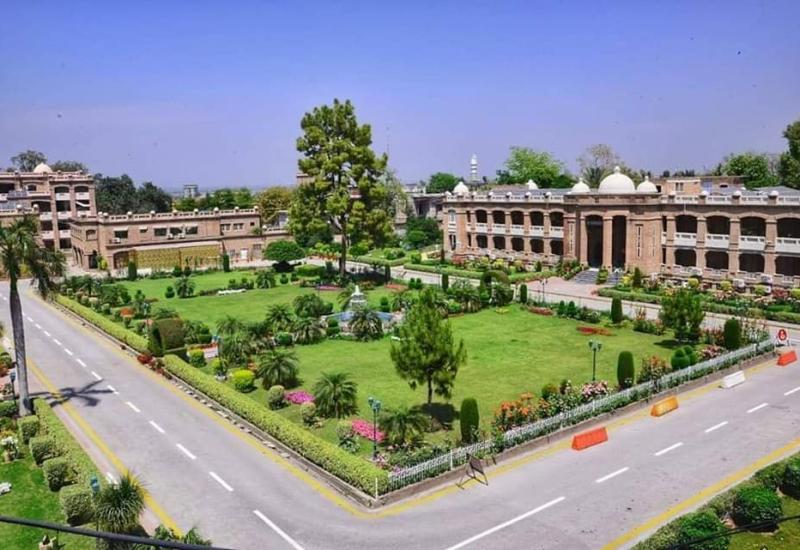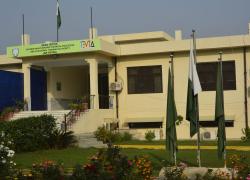Funding crisis in public sector universities: A call for comprehensive policy in KPK
The higher education sector in Khyber Pakhtunkhwa (KPK) is at a critical juncture, facing severe financial constraints that threaten the future of its public sector universities. The Peshawar High Court (PHC) has recently expressed deep concern over the ongoing funding crisis and its potential impact on the quality of education, research, and overall development of the province. In light of these challenges, there is an urgent need for a comprehensive policy to address the financial woes of public universities in KP and secure the future of higher education in the region.
The Growing Funding Crisis
Public sector universities in KPK have long struggled with inadequate funding, but the situation has worsened in recent years. The financial crisis has been exacerbated by multiple factors, including reduced government allocations, rising operational costs, and the economic challenges posed by the COVID-19 pandemic. Many universities are now grappling with budget deficits, which have forced them to cut back on essential services, delay faculty promotions, and even halt critical infrastructure projects.
The reduction in government funding has had a cascading effect on universities' ability to function effectively. With insufficient funds, universities are unable to invest in faculty development, research, and student support services. This has not only compromised the quality of education but also weakened the institutions' ability to contribute to societal and economic development.
PHC's Concerns and the Call for Action
The Peshawar High Court, recognizing the gravity of the situation, has called for immediate action to address the financial crisis in public sector universities. The two-member bench of PHC consisting of Justice Ijaz Anwar and Justice Ejaz Ahmad Sabi was of the view that if the provincial government does not pay the employees' pensions and claims they have no money, it means they have surrendered. "What solution will be found for this?”. The bench made these remarks during the hearing of a writ petition filed by Professor Anwar Khan and more than 100 other professors and staff of the Agricultural University Peshawar regarding pension benefits and the lack of annual increments, the other day.
The PHC has highlighted the need for a comprehensive policy that goes beyond short-term fixes and addresses the root causes of the funding problems. The court's concerns are well-founded, as the current trajectory could lead to a decline in academic standards, loss of talented faculty, and a reduction in the quality of graduates entering the workforce.
One of the PHC's primary concerns is the long-term sustainability of public sector universities. Without a stable and predictable funding model, these institutions may struggle to maintain their academic programs, research initiatives, and community engagement activities. The court has emphasized the importance of a well-structured policy that ensures adequate funding, efficient resource management, and accountability at all levels of university governance.
The need for a comprehensive policy
To effectively address the funding crisis, a comprehensive policy must be developed with input from all stakeholders, including government bodies, university administrations, faculty, students, and the private sector. This policy should encompass the following key areas:
- Enhanced government funding: The government must prioritize higher education in its budget allocations, ensuring that universities receive sufficient funds to cover operational costs, faculty salaries, and development projects. A performance-based funding model could be introduced to reward universities for achieving specific academic and research milestones.
- Diversification of revenue streams: Public sector universities should explore alternative revenue sources, such as alumni donations, industry partnerships and commercial ventures. Encouraging entrepreneurial activities within the universities such as research commercialization and consultancy services can also generate additional income.
- Improved financial management: Universities need to adopt modern financial management practices that ensure transparency, accountability and efficient use of resources. Regular audits and performance reviews should be conducted to identify areas of improvement and ensure that funds are being used effectively.
- Capacity building: Investing in the professional development of faculty and staff is crucial for maintaining academic standards and enhancing the overall quality of education. A dedicated training institute, as proposed earlier could play a vital role in this regard.
- Public-Private Partnerships (PPP): Collaborating with the private sector can provide universities with additional funding and expertise. PPPs can be leveraged for infrastructure development, research projects, and student scholarships, reducing the financial burden on the government.
- Support for research and innovation: Research is a critical component of any university's mission. The policy should include provisions for increased research funding, support for innovative projects, and incentives for faculty to engage in cutting-edge research.
The future of higher education in Khyber Pakhtunkhwa
The future of higher education in KPK hangs in the balance. The funding crisis, if left unaddressed, could lead to a decline in the quality of education, making it difficult for universities to fulfill their roles as centers of learning, innovation, and societal development. The PHC's call for a comprehensive policy is a timely reminder of the urgent need to address these challenges head-on.
A well-crafted policy, supported by strong governance and commitment from all stakeholders, can turn the tide and secure the future of public sector universities in KPK. By investing in higher education, the government and society as a whole can ensure that universities continue to produce skilled graduates, drive research and innovation, and contribute to the economic and social progress of the province.
Conclusion
The funding crisis in public sector universities in Khyber Pakhtunkhwa is a pressing issue that requires immediate and concerted action. The Peshawar High Court's concerns highlight the critical need for a comprehensive policy to address the financial challenges and ensure the sustainability of higher education in the province. By enhancing government funding, diversifying revenue streams, improving financial management, and fostering public-private partnerships, universities can overcome the current crisis and continue to play a pivotal role in the development of Khyber Pakhtunkhwa. The time to act is now, to secure a brighter future for education in the region.

